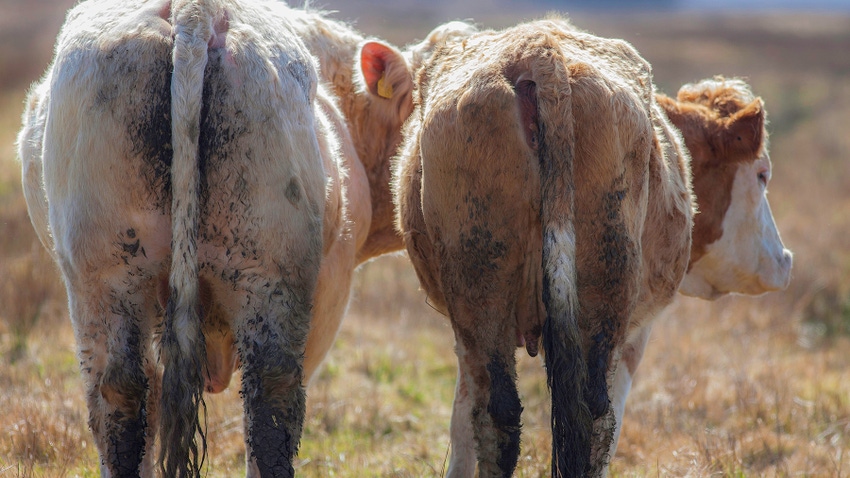
Many farmers and ranchers are breathing a sigh of relief after the Securities and Exchange Commission voted to remove language from a proposal that would have required them to report greenhouse gas emissions.
For two years, the SEC has been working on regulations mandating public companies better report their greenhouse gas emissions. The proposal was divided into multiple scopes.
Scope 1 requires public companies to report their direct emissions. Scope 2 puts similar requirements on electricity and energy generators.
Ag producers were particularly alarmed by Scope 3, which would have placed additional requirements on producers further down the supply chain. National Cattlemen’s Beef Association Chief Council Mary-Beth Hart says the proposal was a mess.
“You’re talking about any supply chain greenhouse gas emissions that contribute to the business of a publicly traded entity,” she said. “We’re not just talking about emissions domestically. If you have foreign inputs, you’re talking about a mandate that would have spread to other countries.”
According to the most recent EPA data, cattle methane emissions account for approximately 2% of all greenhouse gas emissions. Despite this, nearly all producers would have been forced to adhere to the rules since producers don’t necessarily know the final destination for their products. There was also concern within the agriculture industry that implementing a farm-level traceability system would stigmatize products that were not traceable.
Complicating the matter even more is the fact that nobody is sure exactly how to trace emissions on the producer level. The technology for doing so is not readily available. Hiring government compliance officials would have almost certainly raised costs.
“Farmers are committed to protecting the natural resources they’ve been entrusted with, and they continue to advance climate-smart agriculture, but they cannot afford to hire compliance officers just to handle SEC reporting requirements,” American Farm Bureau Federation President Zippy Duvall says. “This is especially true for small farms that would have likely been squeezed out of the supply chain.”
Government in action
AFBF officials say its members sent over 20,000 messages to the SEC and lawmakers opposing the bill. The NCBA also staged a massive lobbying effort with over 7,000 comments on the proposal.
Scope 3 was unusual from the start because it was spearheaded by the SEC. That agency’s mission is to protect investors, maintain markers and facilitate capital formation. Behind the scenes there was a sense that SEC officials did not necessarily understand the implications of what it was proposing.
Government officials from both parties have been working for the past two years to ensure the rule never went into effect. Agriculture Secretary Tom Vilsack has also spoken out against some of the unintended consequences that may have resulted from Scope 3.
Hart says that producers themselves deserve credit for speaking out and forcing the SEC to reconsider. According to her, it really shows the value of having agriculture interests represented in Washington D.C. because you never know what agency is going to throw out a rule affecting producers across the country.
“I think this is a really good example of that happening and the SEC not even thinking about the impact to the agriculture industry,” she says. “Once they recognized those negative impacts, they pretty quickly reversed their proposal.”
More battles to come
While the SEC may have killed Scope 3, there may still be legal challenges to the parts of the emissions regulations that passed. Several lawmakers are already planning legislation to combat them.
There are also those who believe the regulations did not go far enough to protect the environment. SEC Commissioner Caroline Crenshaw supported Scope 3, saying the final rule unnecessarily limits disclosures. Sen. Elizabeth Warren, D- Mass., echoed those concerns, blaming corporate lobbyists for significantly weakening the rule.
About the Author(s)
You May Also Like






